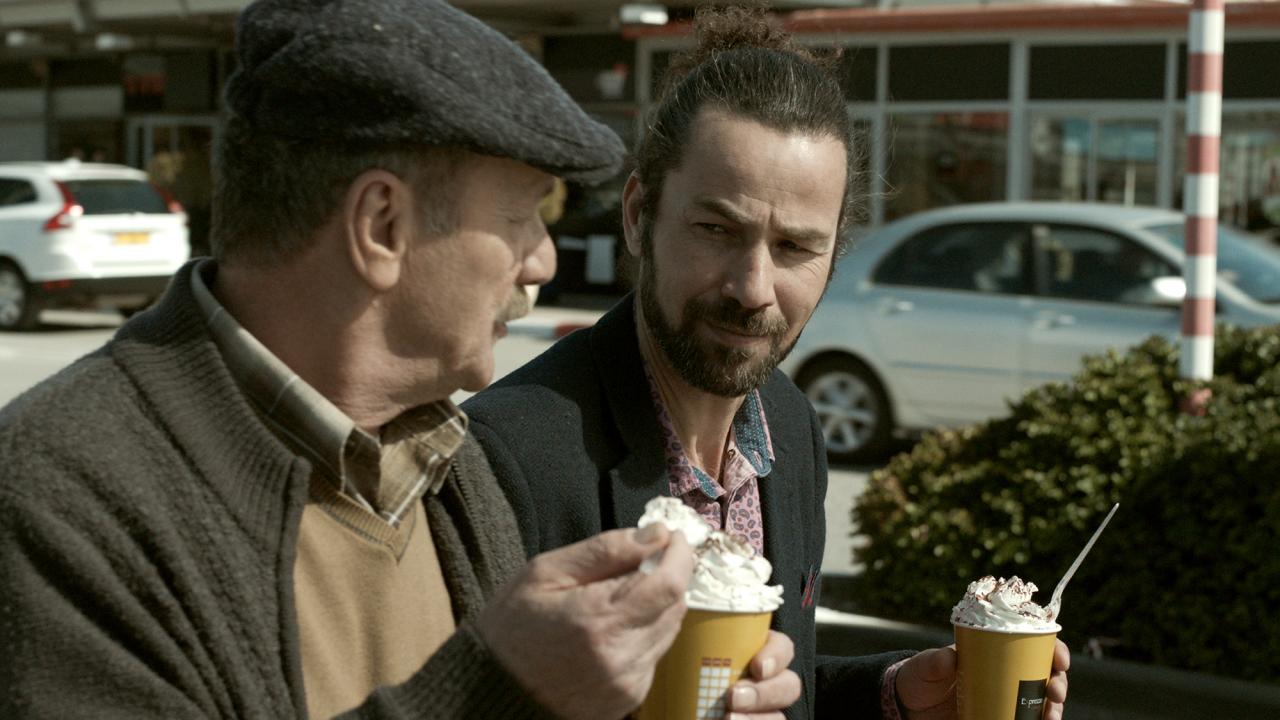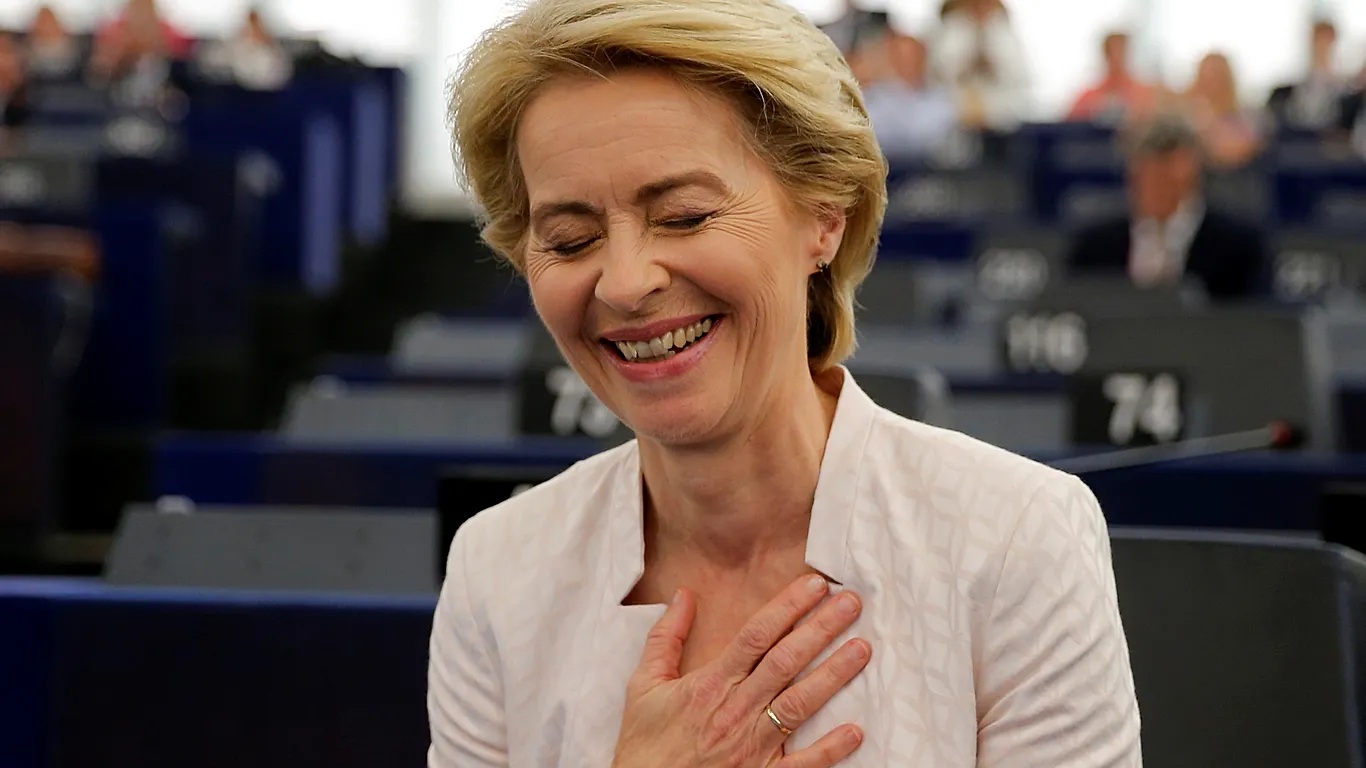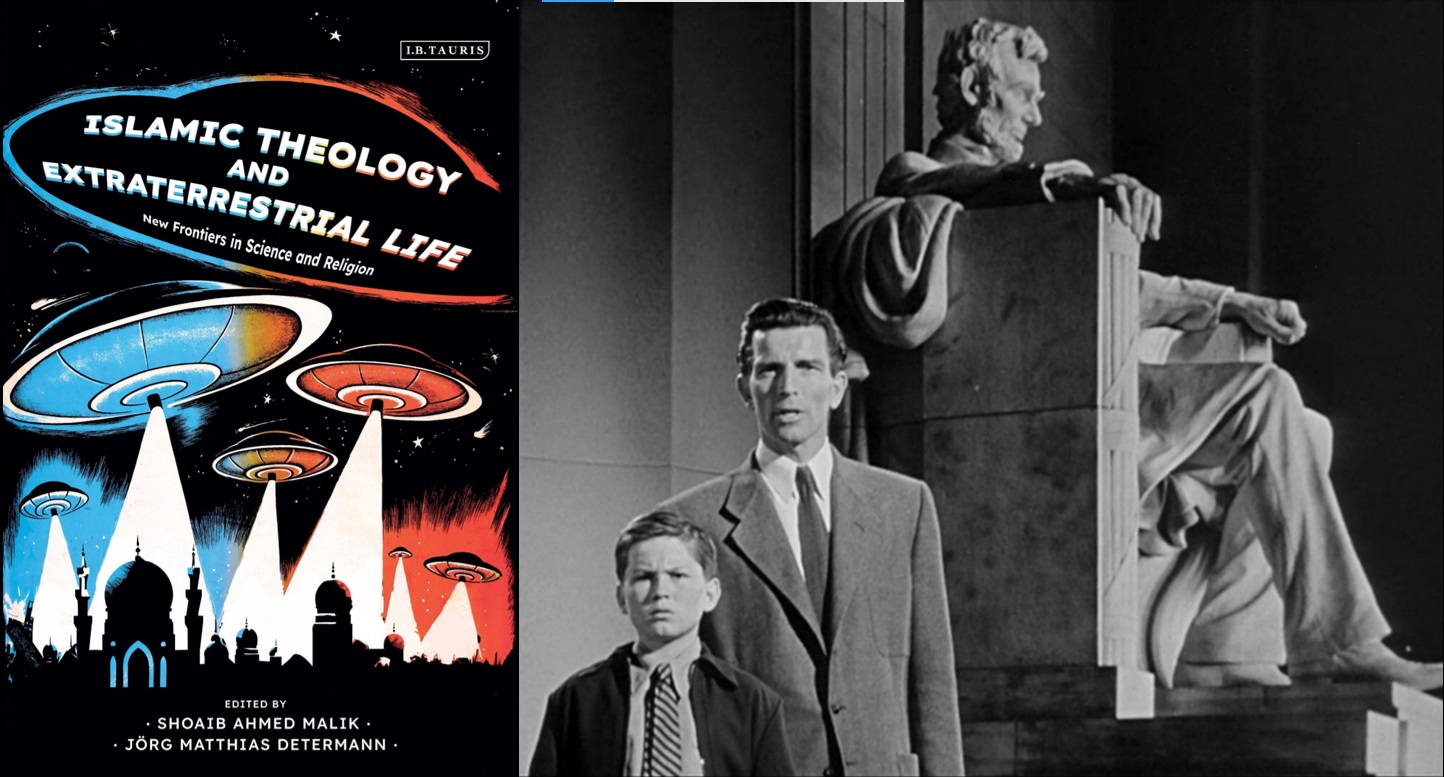
By Emad El-Din Aysha, PhD*
Just got invited to watch a wonderful little movie at the Cairo Cinema Days festival. The invite came from the Palestinian Women’s Union no less, and quite a lot of the organiser at the event were from BDS [Boycott, Divestment, Sanctions]. As you can guess, it was a Palestinian movie – Wajib (2017) by Annemarie Jacir. So I simply had to go!
The story, very unassumingly, tells the tale of a father-son duo of Abu Shadi (Mohammad Bakri) and Shadi (Saleh Bakri) in Al-Nasirah (Nazareth) handing out invitations for a forthcoming wedding. Shadi is an architect who lives in Italy, his father is a schoolteacher in what is technically Israel, and they have troubles of their own that come out during the elongated trip where they hand out 140 invitations to family and friends who insist they stay and have coffee and other drinks and delicacies with them whenever they drop by.
Cottage Industry
The ‘duty’ (wajib) they’re doing is handing out invitations in person, a time-honoured tradition they have to engage in, even if it’s inviting people they know beforehand can’t make it to the wedding. In the background you hear the car radio making announcements about what’s happening in their little part of the world, firstly about deaths of old people, and then about the kind of economic strangulation policies pursued by the Israelis against the Palestinians.
Okay, so it’s not terribly subtle but it’s gloriously funny as well as garrulously realistic. It was also a smart move on the part of Annemarie Jacir to get an actual father-son duo to do the routine. They don’t look like each other as such but you suspect they’re related in real life and this makes the conflicts that emerge between them all the more dramatic in the eye of the audience. Exactly what you get watching Wall Street (1987), seeing Martin and Charlie Sheen sparing off against each other in heartbreaking fashion. (The size differential helps too. Shadi is tall and skinny like a basketball player while his father is stocky and more traditionally built). More than that is the whole contrast between the old and the new, the generation gaps forming in society as young people go abroad – have to go abroad to find careers and make the best of their education. Everybody makes comments about Shadi’s hairstyle and his lightly coloured, flowery clothing and how he’s cohabiting with a girl instead of settling down and getting married and having kids. There’s also his father’s choice in wedding singers, an atrocious man who’s been singing in exactly the same way for the past 40 years. Shadi wants to bring in a team of youngsters from Ramallah but his father insists on tradition and considers it beyond discussion, claiming his sweet daughter Amal (Maria Zreik) is the one who wants the singer. (‘Amal’ means hope for all you English-speakers out there).
The car itself is a stand-in for tradition. It’s a dependable machine that’s never let him down and so Abu Shadi refuses to change it, despite Shadi’s advice. And Shadi himself has fond memories of the car, the music they used to listen to in it – in English – and his father training him how to drive. (That’s a very Palestinian thing, I can assure you, as is handing out invitations and being forced to drink coffee over and over again; it’s not a tradition unique to Nazerites). And there is something to be said for tradition. There’s a scene where Abu Shadi accidentally hits a dog with his car, in an Israeli settlement, and has to hightail it out of there before anyone notices.
Although they don’t say it, you get the ‘feeling’ – a premonition almost – that the dog belongs to an old lady that lives all by herself, deserted by her Westernised kids. Hospitality and good food and trust and respect for the aged (including teachers) are all things worth fighting for, not to mention handing over invitations to people in person instead of just emailing them!
Worlds in Miniature
Going from home to home gives you a peephole into the internal lives of Palestinians. And you can’t help but notice that the squeezed-in apartments and small houses are all overly decorated and brimming with furniture and religious insignia and pets, in an effort to compensate for not being able to go outside and live freely. Palestinians have to put up with the small pleasures in life. Seeing their kids grow up and marry and hugging their grandchildren, along with food, drink and smoking, and gossip.
BIRDCAGE OF DESIRE: Shadi is too modern for his own good; he can’t handle the natives anymore!
Abu Shadi had a heart attack and shouldn’t smoke but does every chance he gets, despite his son’s warnings, and eats unhealthy food in an effort to snatch a little happiness whenever he can. (They meet an old widow whose husband exercised and didn’t drink or smoke but died from a heart attack anyway, so there’s no point denying yourself those little pleasures!) Even his son, who’s given up smoking, ends up smoking with all the stresses and strains of daily life under occupation. And, to add to his troubles, his mother ran away with another man when he was a kid and is so committed to this other man – an American – she might not be able to make it to her own daughter’s wedding. (Her new husband is dying of cancer and she has to be by his side). More food for gossip and more stresses and strains for father and son. Palestinians all know each other and so bad news spreads like wildfire. But that’s the price you pay for social bonding and sense of community, something that Shadi has forgotten, living in Europe for so long. The whole trip around town has a double significance. On the one hand, it’s a trip down memory lane for him, allowing him to remember what is good about his people and his old life. On the other, it is also an exposé for us about what is steadfastly wrong about the Palestinian existence. (Shadi makes endless ‘observations’ and argues points with his father about everything he sees).
There’s garbage everywhere and traffic jams due to bad town planning. Nonetheless, Abu Shadi is okay with all that, noting how they at the very least now have a municipality, however incompetent. The dysfunctional local government is meant to stand in for the Palestinian National Authority that has to rule with an iron hand to stop Palestinians beating each other up. You have fights flaring up as cars bash into cars or people park in someone else’s place, along with accounts of people getting into trouble with the law out of desperation or stupidity. (The private sector isn’t much better, charging exorbitant rates and refusing to correct mistakes, such as the invitation where the day and date don’t match). This is contrasted to Israeli efficiency and responsiveness, hence the scene about the bad internet connection and the Israeli internet company that will send a technicians to fix everything pronto. (You also hear about the anti-corruption investigation of the prime minister on the car radio, something you’re unlikely to hear in an Arab country).
In one key scene Shadi is condemning the whole society, one of the reasons he left, when an old friend tells him what a great father Abu Shadi is and how his heart is full of forgiveness and love and how he is so proud of his son. He breaks down in tears and realises how wrong he was. At the end you have him going ‘home’, so to speak, and preparing coffee for the two of them.
Abu Shadi comes home and they go out to the balcony and you get to see the whole of Palestine, and it’s ravishing. He tells his son he was right about how unsightly things are but the boy, for his part, says that it’s okay. (You have to love your country however it is, or it wouldn’t be love, would it?!)
White Lies, Blue Eyes
Another good-bad characteristic of Palestinians, you learn, is lying. Nice lies meant to make people feel happy, of course. Abu Shadi is always spinning lies about his son having a medical degree and settling down with a local girl and he explains to his son afterwards that he was saying that to make people happy, since they put their sons through medical school and are heartbroken to see young people going away and marrying and settling down abroad. And Shadi, despite his forthrightness, has to put on a brave face and lie to his kid sister Amal to help her withstand the shock of the possibility that her mother won’t come to the wedding. In another typically funny scene you have Abu Shadi talking about how beautiful Palestine to a friend over the mobile phone while staring at heaps of garbage and banged up old buildings.
ABORTED PREPARATIONS: Maria Zreik as the youthful face of a hoped for future.
The road trip of the father-son duo is also a very wise stratagem by the director because it allows her to correct so many misperceptions of Palestinians in foreign eyes, and maybe even in our eyes. How many times have we watched movies about Palestinians in Israel itself? How many times have we watched movies about Christian Palestinians? How many times have we watched movies about Palestinians that actually smile and laugh and do something other than suffer?!
Here we’re getting a broad overview of how this forgotten group of Palestinians from 1948 live in the bosom of the Israeli enemy itself. Here people live through stubbornness. They live through compromises with the occupier, no doubt, but through sheer perseverance too. And they do it by holding onto what little is there’s and cherishing it, and that includes their local dialects and sense of tradition and bloodlines and taste in food. They’re all that’s left of old Palestine, a little world nobody seems to know about, even many other Arabs. It’s also smart on the part of the director to have the father and son with blue eyes and a great many of the Palestinians being white and blonde. The Israelis, by contrast, are all dark haired and Oriental looking, and armed to the teeth. (But even they like Palestinian food).
Europeans don’t know that about Palestinians and Levantine Arabs, thinking all Arabs are desert dwellers and dark skinned and traditionally dressed. In a lovely scene where Shadi bumps into his unmarried cousin Fadya (Rana Alamuddin) – on purpose, at Abu Shadi’s request – you’re impressed about how cultured and urbane she is, hoping one day to go to Rome with Shadi and see the Sistine chapel and drink espressos and eat linguini and sample fine wines. She’s a lawyer herself and is practically the only person in the whole movie with classically Arabic features, and is beautiful and sexy for it too. (If I was Shadi, I’d dump my Italian girlfriend and marry Fadya, no questions asked. And I’m as opposed to cousin marrying as him!)
You also feel she is a stand-in for Palestine, a neglected country despite its educational achievements and the genuine niceness of its people. She’d hitched up with a man and lived with him for a while in sin then he dumped her and married someone else and had the compulsory three kids with her, leaving Fadya an unwanted woman because she’s been ‘used’. So much for trying to live by Western standards in a world of double standards. There’s a nice scene where Fadya shows Shadi some wine bottles, red wine made by Palestinians, by a family that went ‘back’ to wine making. You feel this is a reference to the old ways coming back, with the trademark expression of old wine in new bottles.
What else can people do when they’re not allowed to be modern? There’s a funny funeral scene where Abu Shadi thinks the guy who died was a carpenter friend of his. It turns out instead that the man’s brother had died, an out of work electrician. And Jesus (PBUH), of course, was a carpenter. Not to forget that Nazareth is the city of Jesus too.
The Road to Victory
I’m not saying the movie is perfect, mind you. It’s done in a docudrama style and the acting can be a bit low key and stiff at times. The explosive scene between father and son, when Abu Shadi goes to an Israeli settlement to invite his Israeli boss to work, is a bit muted and could have used some music. Also, the ‘observations’ Shadi makes about garbage and bad town planning are a bit too obvious – the self-critique that is such a key theme in the movie – and give the game away too early in the story. Other more subtle and more humorous scenes do the job better later in the movie.
But these little drawbacks are understandable. The movie wasn’t made under the best of circumstances and this style of filmmaking is all too prevalent these days, and Palestinian filmmaking is still technically in its infancy.
There’s also lots of not so tongue in cheek political criticisms strewn throughout the movie, especially about the PLO and so-called heroes living off of the money of others in foreign palaces. What is refreshing about all this is that it isn’t one-sided, something at significant variance with most cinema and drama in the Arab world – certainly in Egypt. People are complex and multifaceted and they themselves have to learn to appreciate that about each other. Shadi has to realise this about his father and how he has to suck up to his Israeli superiors, while Abu Shadi himself has to accept his wife’s running away, seduced not so much by another man but the prospect of living freely abroad.
The pacing of the movie is very good, winding you up and winding you down as need be, and it leaves a lasting impression. All the sights and sounds bring Palestine back to life in your heart while giving you all the mundane details on how it’s being sustained. The Palestinians in Israel live a twilight type of existence, torn between East and West. Hence, the scene where Abu Shadi saying he wants to say here and not live in Europe. Not to forget the scene where Shadi meets an ex-girlfriend and you are greeted with a very suburban looking house, but a classic Palestinian carpet on the wall at the same time. Movies like this can help tip the balance back towards the East by showing the 1948 Palestinians that the Arabs haven’t forgotten them.
DRIVER’S SEAT: Annemarie Jacir lies between East and West almost as much as the film does!
Watching Wajib is the real wajib-duty for everyone, whether Arabs, Muslims, Christians, Palestinians or Europeans and Americans. And if anything can kick start the BDS movement its films like this. God bless you Annemarie Jacir, but you could cut down on the Palestinian four-letter words the next time!!!
Acknowledgements:
Special thanks to Mrs. Amal Agha.
*Emad El-Din Aysha holds a PhD in International Studies from the University of Sheffield. He is also a freelance journalist and movie reviewer, translator and author.






